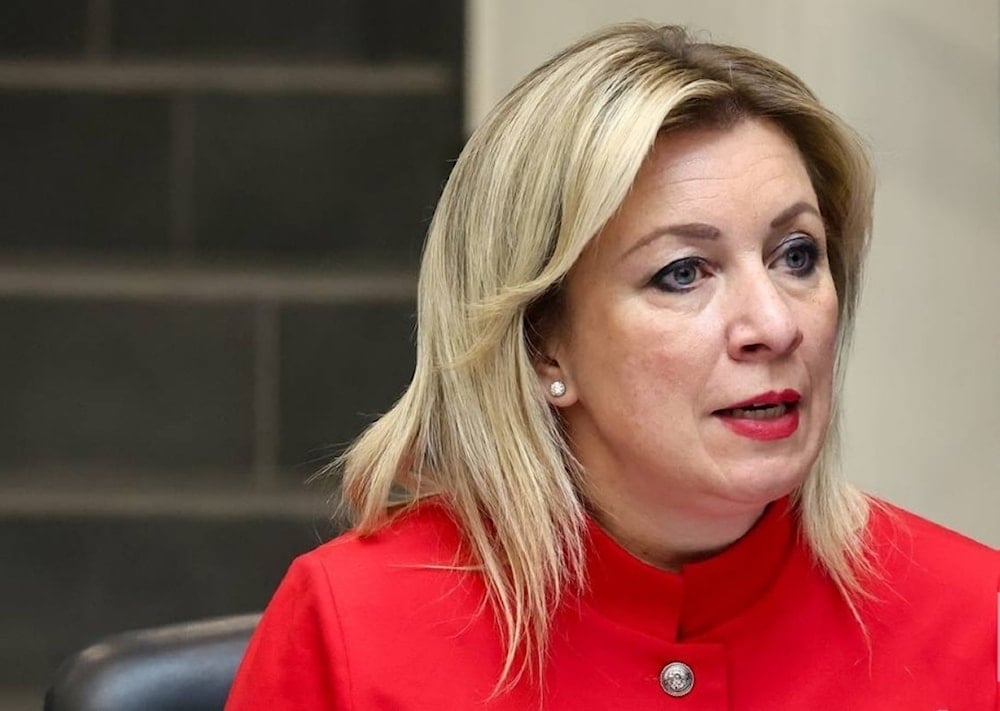US sanctions won't stop shift to multipolar world: Zakharova
Russia has intensified its outreach to BRICS and Global South partners to counter US sanctions, portraying itself as a leader in building an alternative multipolar world order resistant to Western economic coercion.
-

Russian Foreign Ministry Spokeswoman Maria Zakharova (TASS)
Russia signaled its intention to strengthen ties with BRICS nations and other partners in the Global South in response to what it described as unlawful pressure from the United States. Speaking on Monday, Foreign Ministry spokeswoman Maria Zakharova said Moscow remains committed to resisting unilateral and coercive measures by Washington.
Zakharova asserted that the trajectory of global politics cannot be reversed by tariffs or punitive measures. "We have a vast network of partners, like-minded people, and allies within the Global South, particularly among BRICS countries, who share this perspective. We are ready to step up cooperation with them in order to counteract illegal unilateral sanctions and to establish a truly multilateral, just, and equitable global order," she said.
The spokeswoman condemned US foreign policy, arguing that sanctions serve as a tool of interference and a violation of national sovereignty. She framed Washington’s approach as part of a broader struggle to maintain global dominance in a shifting world order.
"Sanctions and restrictions are a regrettable reality of the current historical stage, impacting the entire globe. Washington cannot accept the loss of its hegemony in the emerging multipolar world order and continues to pursue a neocolonial policy to uphold its dominance, using politicized economic pressures against those who resist its agenda on the international stage," Zakharova stated.
Sanctions Resistance Strategy
Her comments come as Russia continues to deepen its economic and diplomatic ties with non-Western powers, presenting itself as a model for resisting US-led sanctions regimes. Since 2022, Moscow has reoriented much of its trade toward Asia, Africa, and Latin America, using discounted oil exports, food and fertilizer deals, and infrastructure projects to cement bilateral relationships. Russia’s expanding "shadow fleet" has allowed it to bypass Western restrictions on maritime shipping, while parallel financial channels and increased trade in national currencies aim to reduce reliance on the US dollar.
These efforts are not limited to economic maneuvering. Through BRICS and various South-South forums, Moscow is pushing for a recalibration of global governance, calling for alternatives to Western-dominated institutions like the IMF and World Bank. It has also coordinated more closely with countries such as Iran, China, and India to establish shared positions on trade, energy, and diplomatic non-alignment.
This network of cooperation, Russian officials argue, demonstrates a viable path forward for nations unwilling to accept Western dictates.
Read more: India refuses to yield on Russian oil amid US-EU sanctions: Analysis

 3 Min Read
3 Min Read










